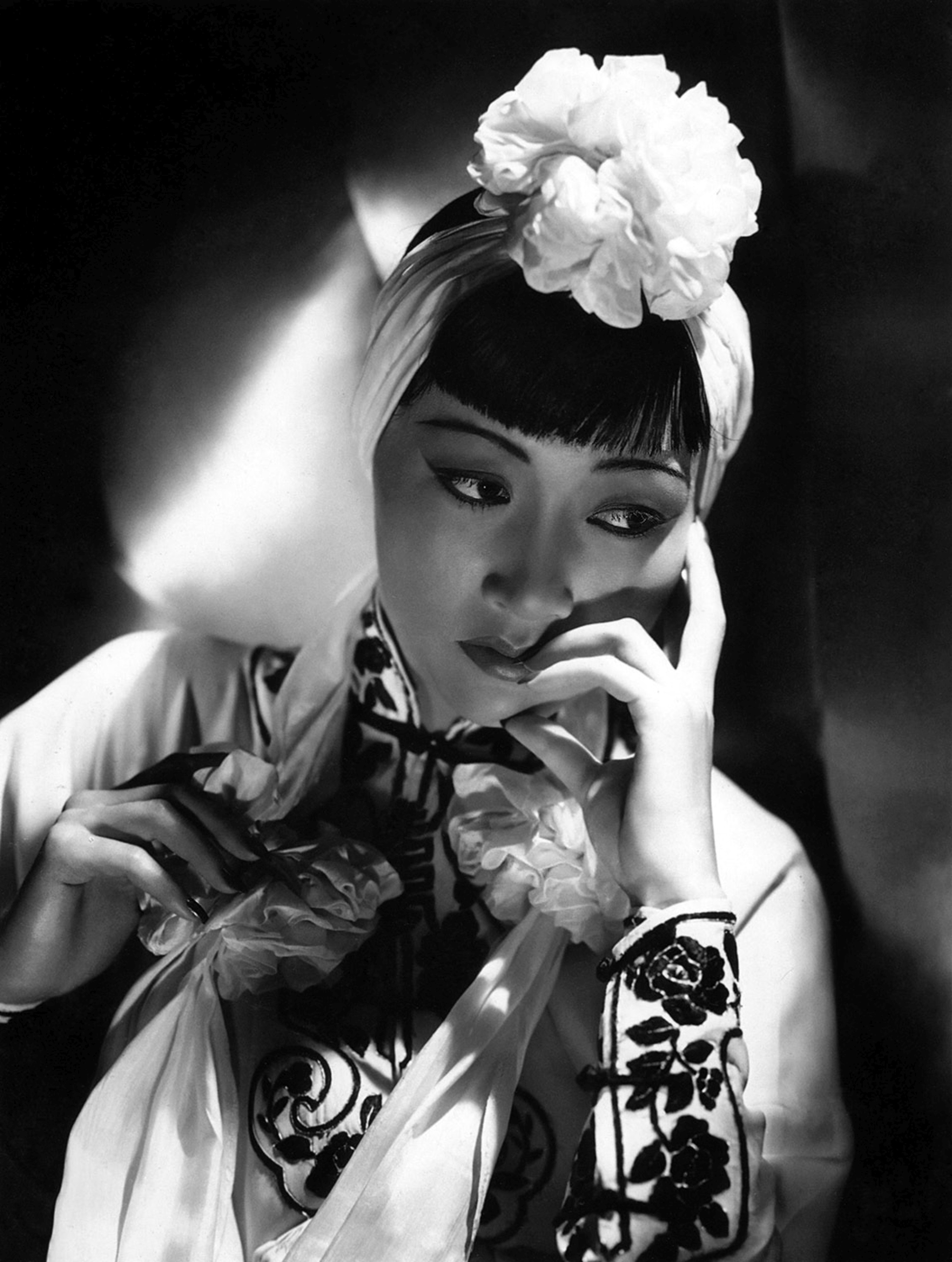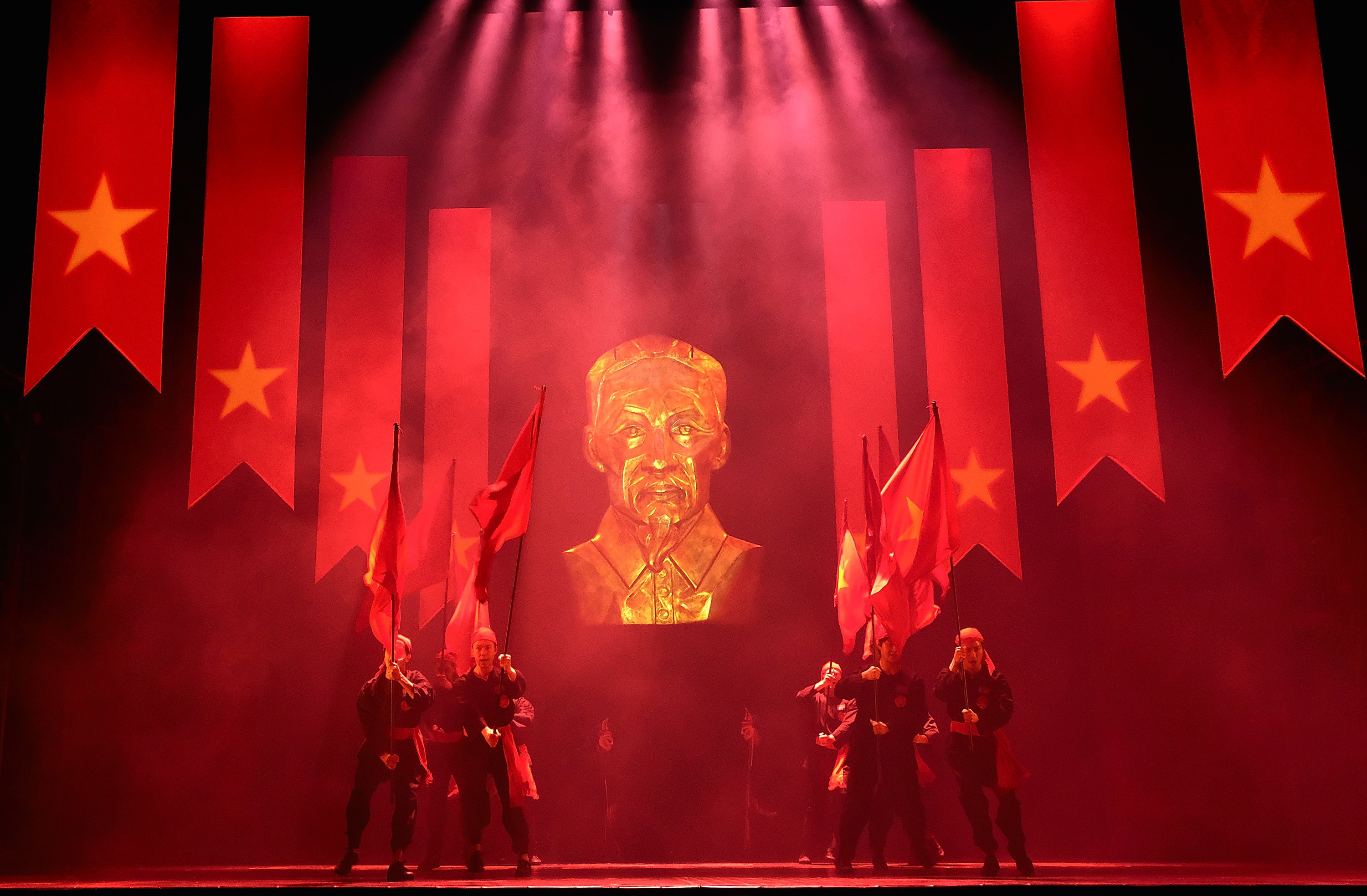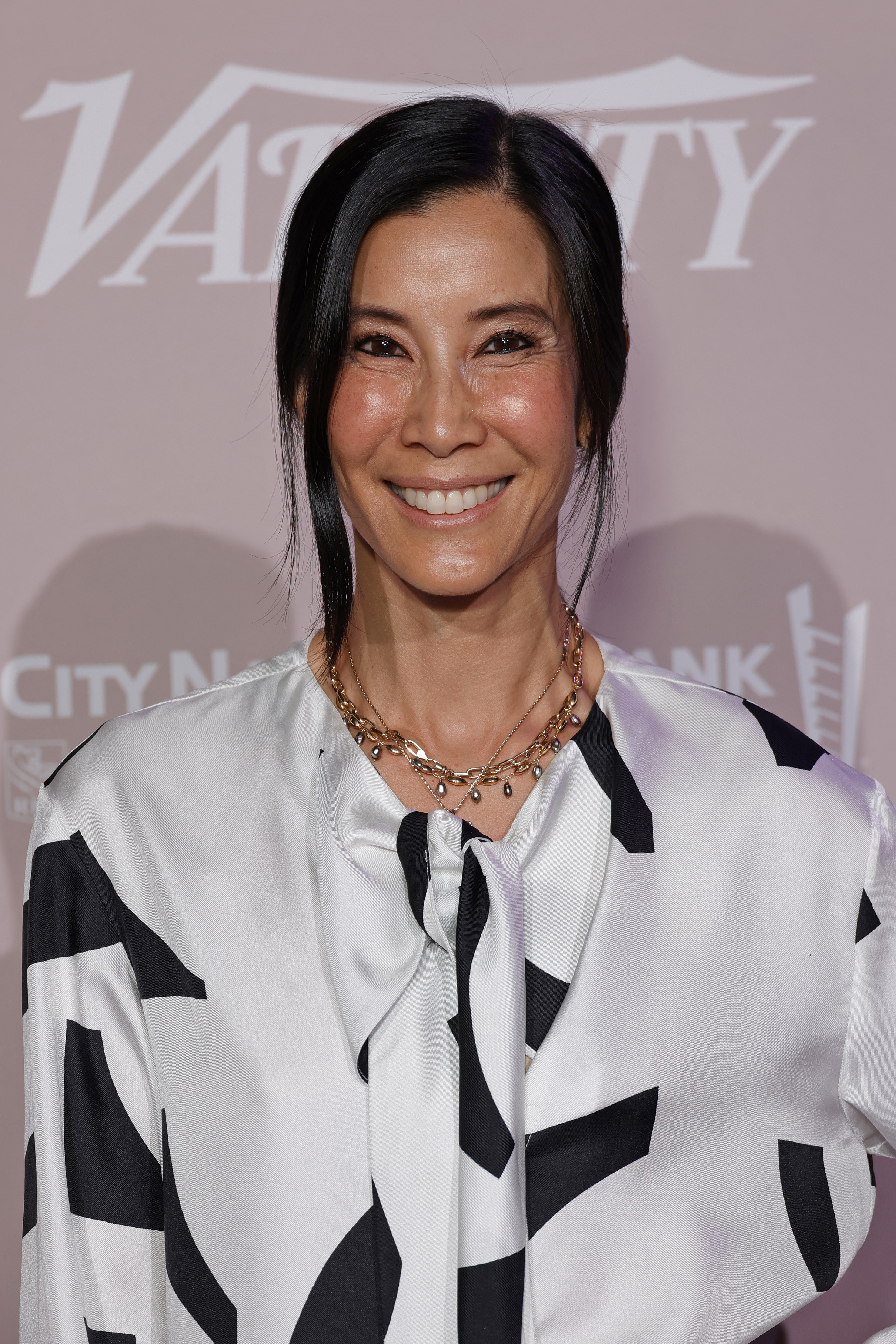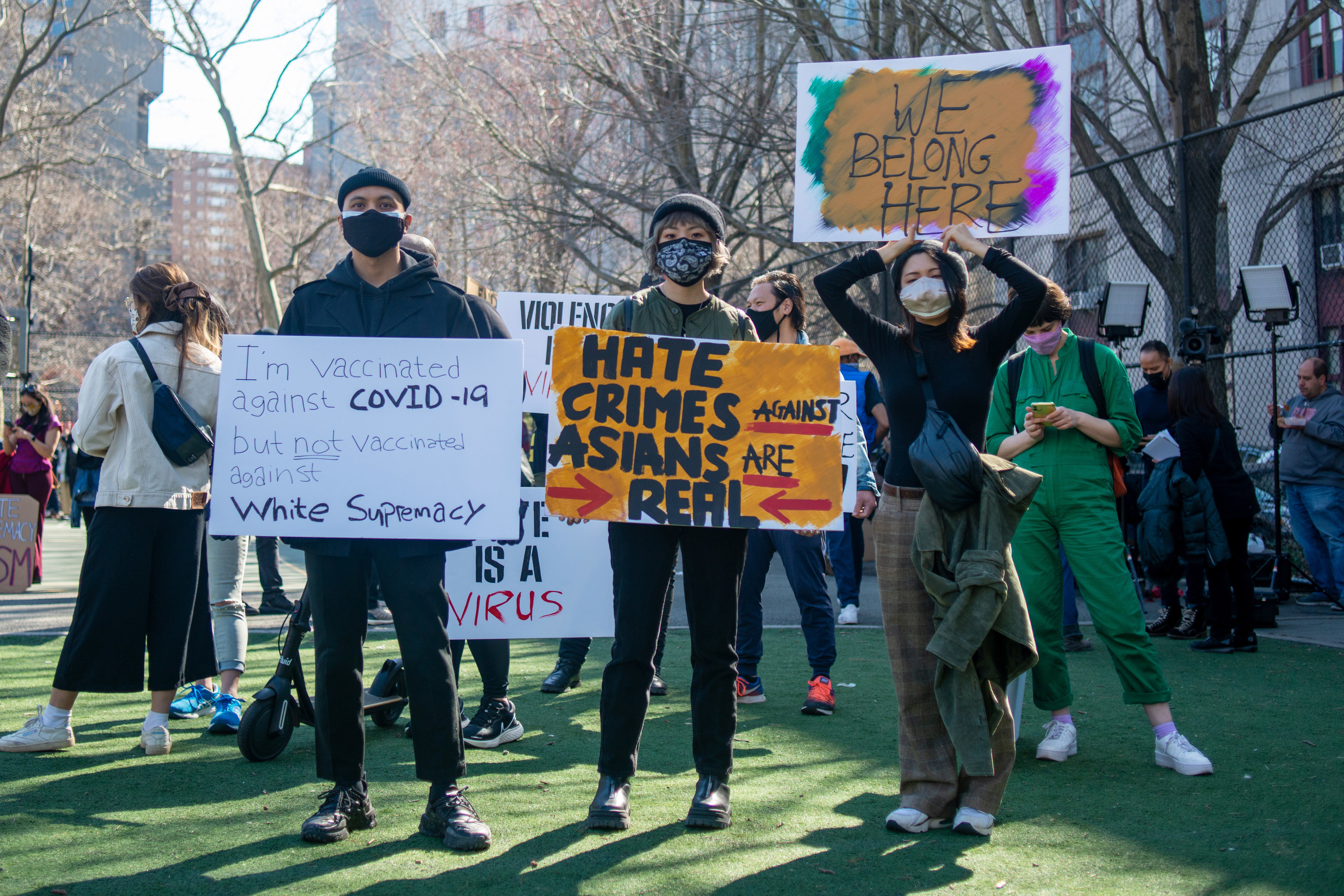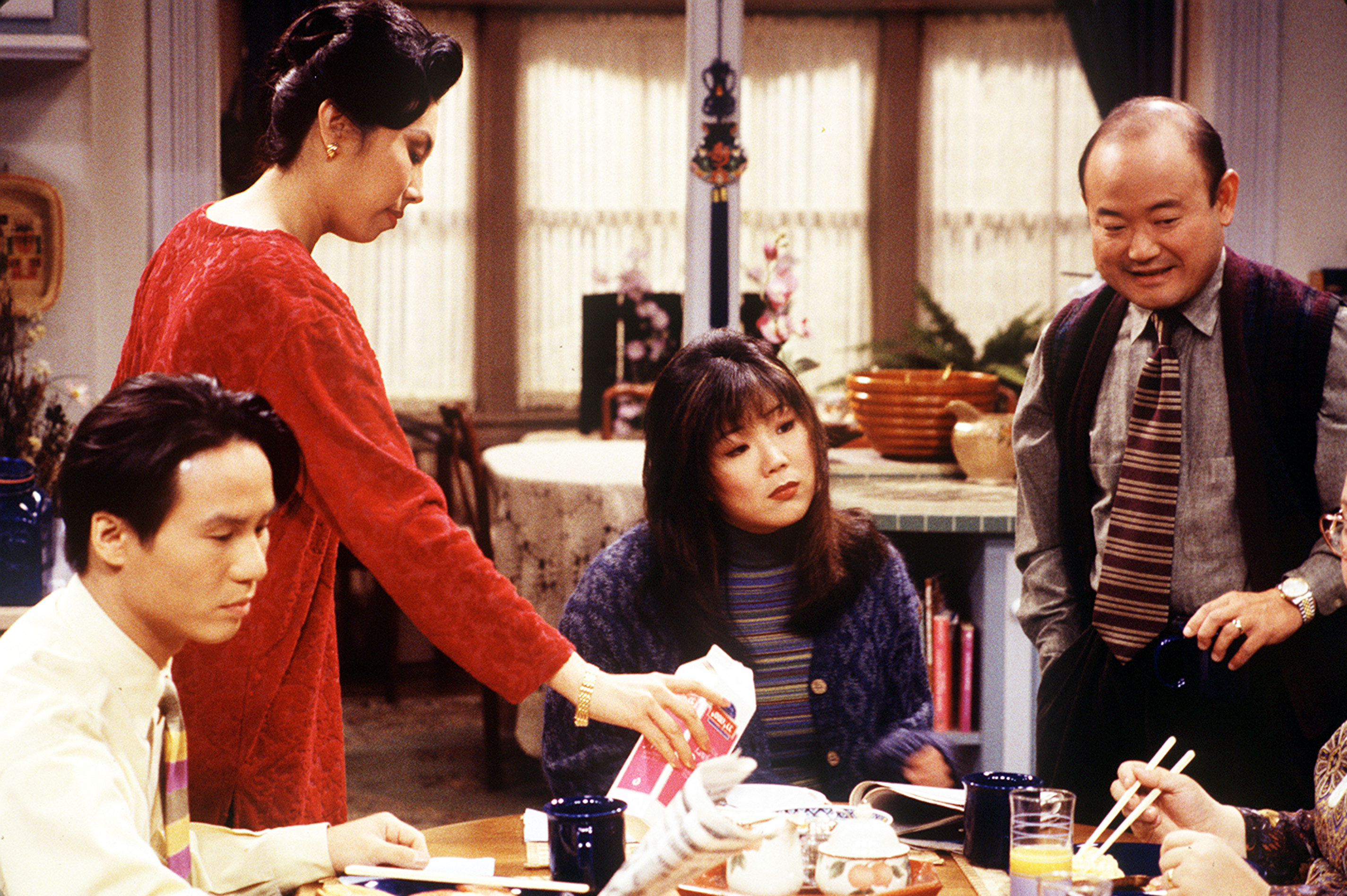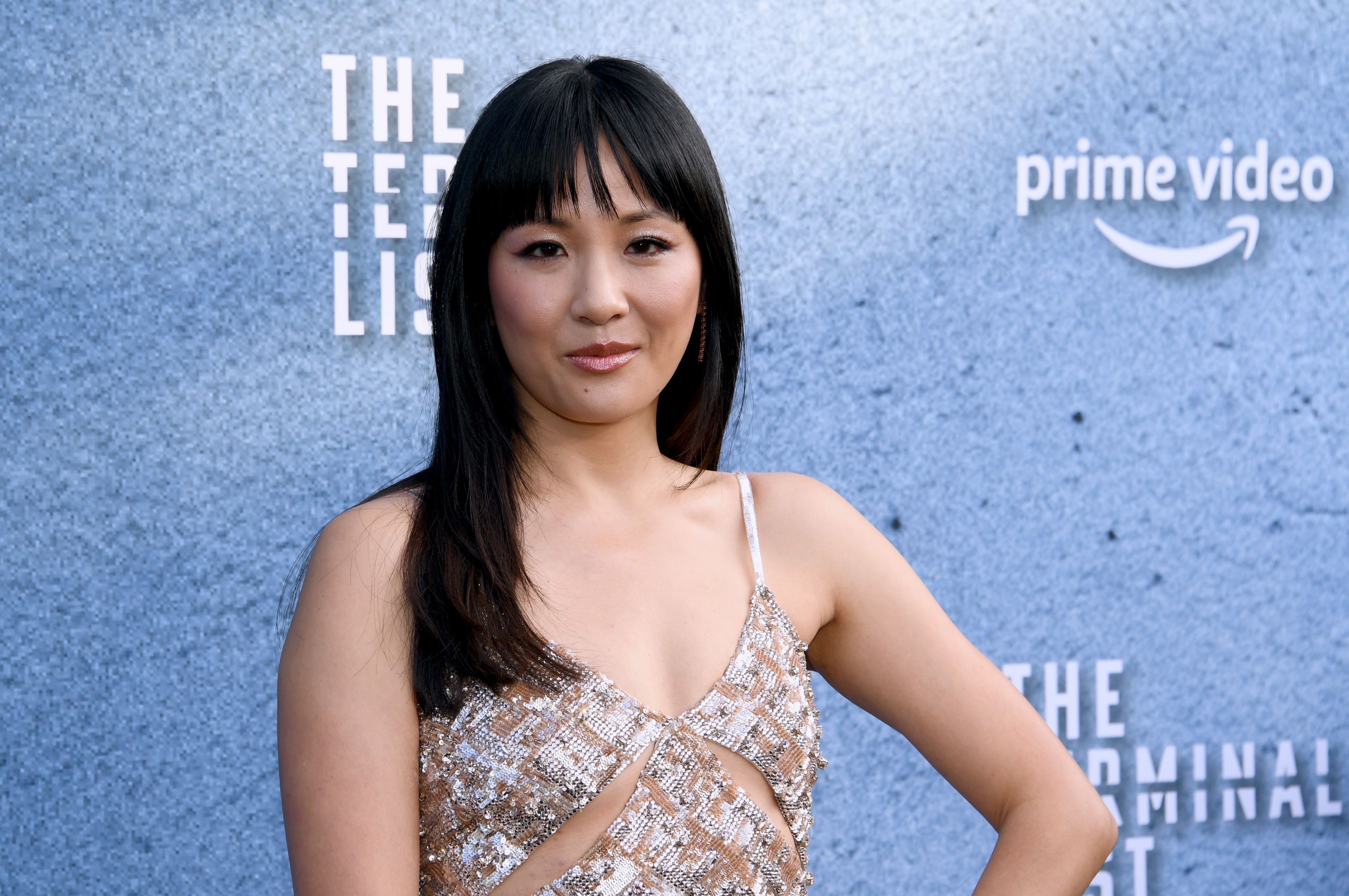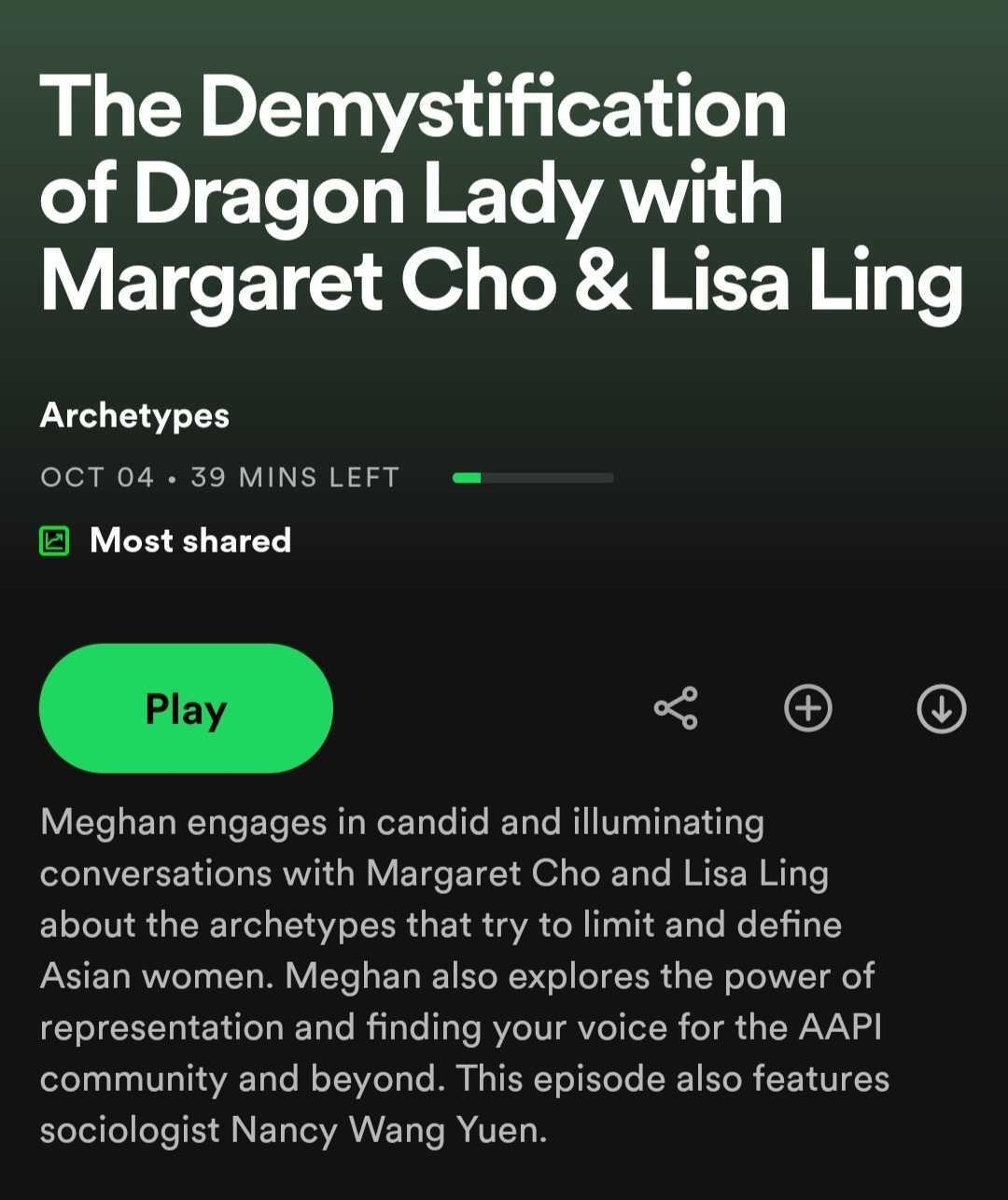Later, I took a class about Islam in the West, where I was introduced to the origins of the term orientalism itself: Edward Said’s 1978 book, Orientalism, a cornerstone of post-colonial theory that explores how the West commonly depicts “the Orient” (which spans from the Far East to the Middle East and North Africa) negatively and as an “other,” and how these Western depictions of the East then cyclically function to justify Western imperialism. It’s supposed to be a tragic love story and has been both popular and controversial, but don’t worry, it’s not original. Miss Saigon is actually based on Madame Butterfly (1904), which is essentially the same story but with a 15-year-old Japanese geisha, Butterfly, and a US naval officer who’s marrying for convenience until he can go home to find a proper American wife. Unlike in Miss Saigon, his American wife agrees to raise the child, but Butterfly still dies by suicide in the end (seppuku, nonetheless). Go figure. On the other hand, in The World of Suzie Wong (1960), Suzie, a prostitute, ends up with Robert, an American architect who moves to Hong Kong to become a painter. Of course, this is only after Suzie lies to him about being the daughter of a wealthy man, gets rejected by another customer who reconciles with his wife, and finds her son dead in a landslide. However, both songs are about temptress-esque women who use their sexuality to get what they want, thus posing a danger to men — and the use of the Full Metal Jacket line undeniably ties that back into the hypersexual, Dragon Lady stereotype. And then I wonder: Would the connotation or overall vibe of the songs change if they were sung by Asian women, like a K-Pop group? And those are just some of the better-known conflicts the US has been involved in throughout East and Southeast Asia (let alone Western Asia, such as the Middle East, or the Pacific, like in Hawaii and Samoa). Domestically, the US incarcerated Japanese people in camps during WWII and effectively banned Asian immigration until 1965. If these are at all mentioned in American history textbooks, they’re often glossed over and minimized, with no real acknowledgment of their impact or destruction. Lisa, however, wanted to be on TV, but because the only person on TV who remotely looked like her was journalist Connie Chung, she believed broadcast journalism was the only path available to her in media. Though the four officers were charged with excessive use of force, in 1992, a jury acquitted them, outraging people nationwide. Less than three hours later, riots broke out in LA. Though LA had been struggling with racial and economic inequality for years, the riots were especially violent in South Central LA, where the majority Black population was already suffering from high unemployment rates, a drug epidemic, and violent gang activity. Riots were also especially violent in Koreatown. Two weeks after LAPD beat King, a Korean store owner shot and killed Latasha Harlins, a 15-year-old Black girl, for allegedly trying to steal orange juice. Later, it was discovered that Harlins was clutching money to pay for the juice. Though Du was found guilty of voluntary manslaughter, she only received probation and a $500 fine. This further exacerbated existing tensions between Black and Korean communities. As the riots spread through LA, police blocked off roads between Koreatown and wealthier white neighborhoods, resulting in Korean citizens organizing their own security — particularly, in armed store owners attempting to defend their businesses from rioters. Gun battles and casualties were televised, and more than 2,200 Korean-owned businesses were damaged or destroyed. Of the $850 million worth of damage the riots cost LA, approximately $400 million worth of damages were sustained by Korean-owned businesses.
